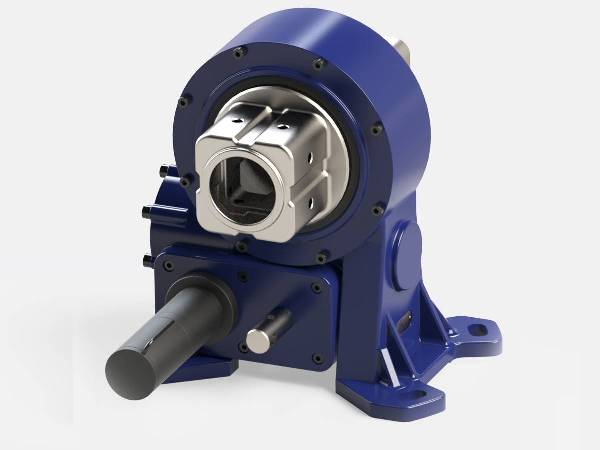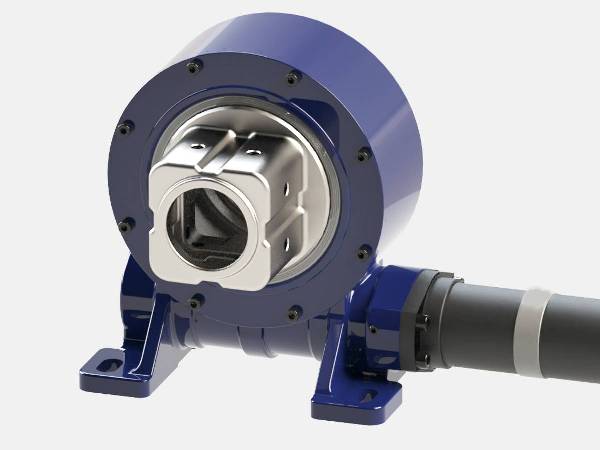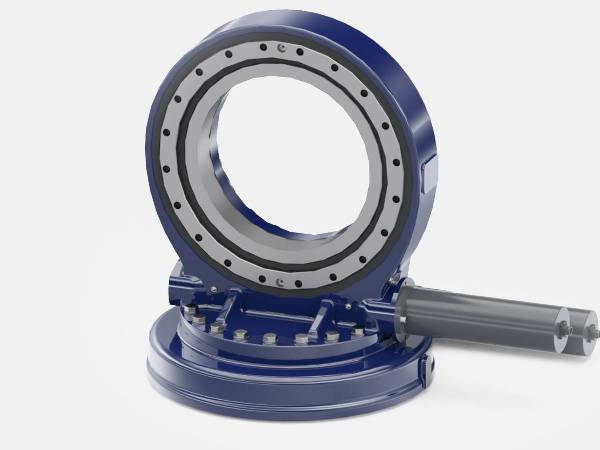Solar Tracker Designe

——The sun makes flowers bloom, and the sun drives life.
The solar tracker is mainly designed to track the direction of the strongest sunlight, thereby improving the utilization rate of solar energy. Here are the brief steps for solar tracker design:
The structure of the tracker is determined. As needed, determine whether the tracker adopts single-axis tracking or dual-axis tracking, as well as the specific structural dimensions.
Material selection. According to the structure of the tracker, select appropriate materials, which are required to be high temperature resistant, corrosion resistant, lightweight and durable.
Design the circuit. Designing the motor drive circuit and sensor detection circuit requires the ability to accurately control the rotation of the motor and detect the position of the sun in real time.
programming. Use a suitable programming language to write a program to control the rotation of the motor to realize the function of automatically tracking the sun.
Test and optimize. After completing the design, test it and optimize the design based on the test results to improve the performance and stability of the tracker.
Slewing reducers for solar energy are widely used in the solar photovoltaic and photothermal tracking power generation, and can be used in single-axis or dual-axis tracki.
SV Slewing Drive Performance Parameters Model Rated Output Speed Rated Output Torque Holding Torque Gear Ratio Tracking Precision IP Rating Operat.
SDE Slewing Drive Performance Parameters Model Azimuth Rated Output Torque Tilting Moment Torque Holding Torque Gear Ratio Tracking Precision I.
- previous:Solar Slew Drive Price(2023/10/7)
- next:Concentrated Solar Power(CSP) Slewing Drive(2023/10/10)
Recent News
- 1Persistence & Struggle The Spring Festival
- 2Detection of failed slew drives
- 3European companies visit our solar reducer production line
- 4PV tracking system
- 5Gansu Yumen Photovoltaic\Wind Power
- 6Boggi Bearing
- 7German solar tracker
- 8Brazil builds new solar tracker factory
- 9SKF Slewing Bearing
- 10CSP Dual-Axis Slew Drive
- 11SE WE WD Slewing Drive
- 12Concentrated Solar Power(CSP) Slewing Drive
- 13Solar Tracker Designe
- 14Solar Slew Drive Price
- 15Slewing Drive Price
Top ranking
- 1Solar Photovoltaic Exhibition in Munich, Germany in 2023
- 2Slewing drives in the High Girder Bridge Trailers
- 3CSP Dual-Axis Slew Drive
- 4SE WE WD Slewing Drive
- 5Brazil builds new solar tracker factory
- 6SKF Slewing Bearing
- 7Boggi Bearing
- 8German solar tracker
- 9Gansu Yumen Photovoltaic\Wind Power
- 10Analysis, scale, share of slewing drive industry in 2023, and prediction of Market trend by 2030
- 11European companies visit our solar reducer production line
- 12Detection of failed slew drives
- 132032 Single-Axis Solar Tracker Market
- 14By 2029, the slewing bearing market will reach 8.64 billion US dollars
- 15Features of double-axis solar tracking reducer





